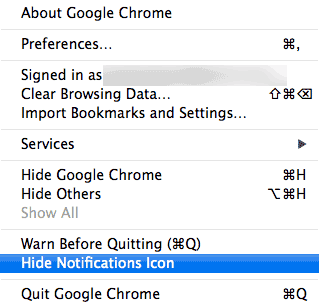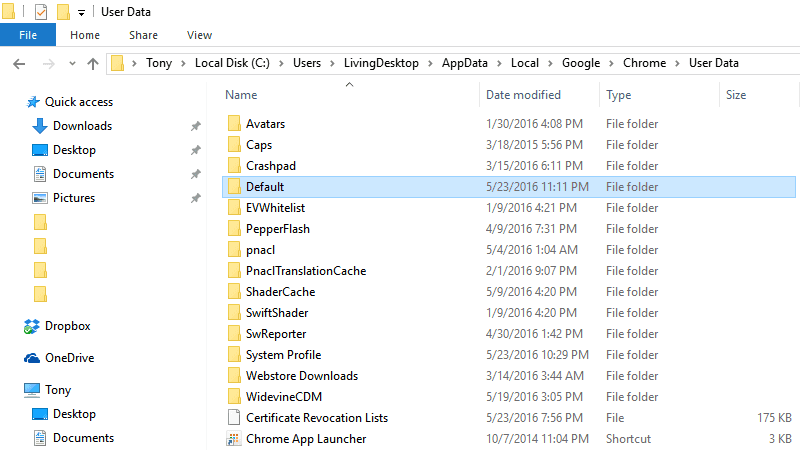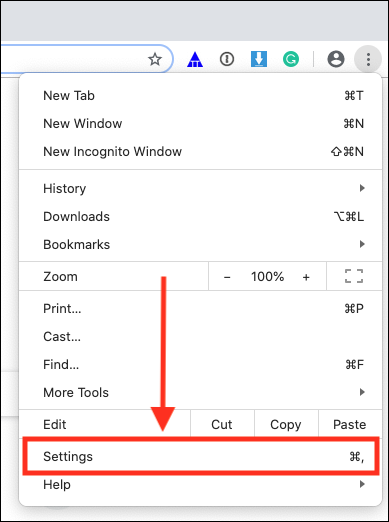
While you can easily visit any search engine’s website to carry out a search-just type, say, in your browser’s address field-it’s easiest to use either the built-in search field, or the combination search and address field that browsers such as Safari and Chrome offer.

If you want less information out there about your kids, use sites like DuckDuckGo that don’t track you. Have you noticed the ads that follow you and your kids around the Internet? That’s the direct result of this collection. Most search engines collect as much personal information as they can to build profiles of their users, which can then be used to better target advertising at them across the Internet. As we said in an article where we spoke with Gabriel Weinberg, "We want parents to know that DuckDuckGo is a search engine that may be safer for kids." DuckDuckGo founder Gabriel Weinberg explained: Unlike Google and other search engines, DuckDuckGo doesn’t track you, and explicit content is blocked in search results by default. And if you’re a lawyer, you probably already know about LexisNexis, which provides access to statutes, laws and case opinions from 1770 to the present. For detailed medical information (for doctors and researchers), the Entrez search engine gives you access to specialized databases. If you’re searching for a job, there are several search engines you might want to use.

You may even want to use specific search engines for certain types of searches. (Wikipedia has a comprehensive list of search engines, including those that are country-specific.) Or, in certain countries, you may want to use a search engine more adapted to your culture.

(They just may not be used by such as aggressive an ad network as Google’s.) You could use Microsoft’s Bing, for example, or Yahoo!, or the privacy-focused DuckDuckGo. You don’t have to use Google: there are a few good alternatives, but most of them store information about you, to build the same kind of profile as Google does. In other words, using a search engine is the same as giving away lots of private information about you, your habits, and your life. (Of course they don’t know if that search about the cat was really for a friend or neighbor, in which case the ads are incorrectly targeted, but if no one clicks, they don’t make any money.) So by storing information about you on Google’s servers, the company can know which ads are most likely to interest you. Google is the biggest advertising provider on the web, and millions of websites use Google Ads. You’ll soon see ads for pet food on various web pages. For example, you may have a question about your pet, and use Google to find the answer. This is why you often see ads related to your web searches. It also tracks the websites you visit, ensuring not to miss anything you do. It creates a unique profile of you, of your interests, your medical conditions (because everyone searches Google when they have health questions), and your browsing activity, and uses this to provide carefully targeted ads. In exchange for providing you with such a powerful tool, Google collects data about you. Your share of that may be small: if you’re just an average person, you may search the web 3-5 times a day, but some of us, such as writers, may perform several dozen searches in a single day when researching articles and books. Google handles nearly 85,000 searches per second, or 7.3 billion per day, or more than two and a half trillion searches every year. If you’re like most people, you search the web a lot.
#CHROME SETTINGS FOR MAC HOW TO#
How To + Recommended How to switch search engines on macOS and iOS (and why you should)


 0 kommentar(er)
0 kommentar(er)
